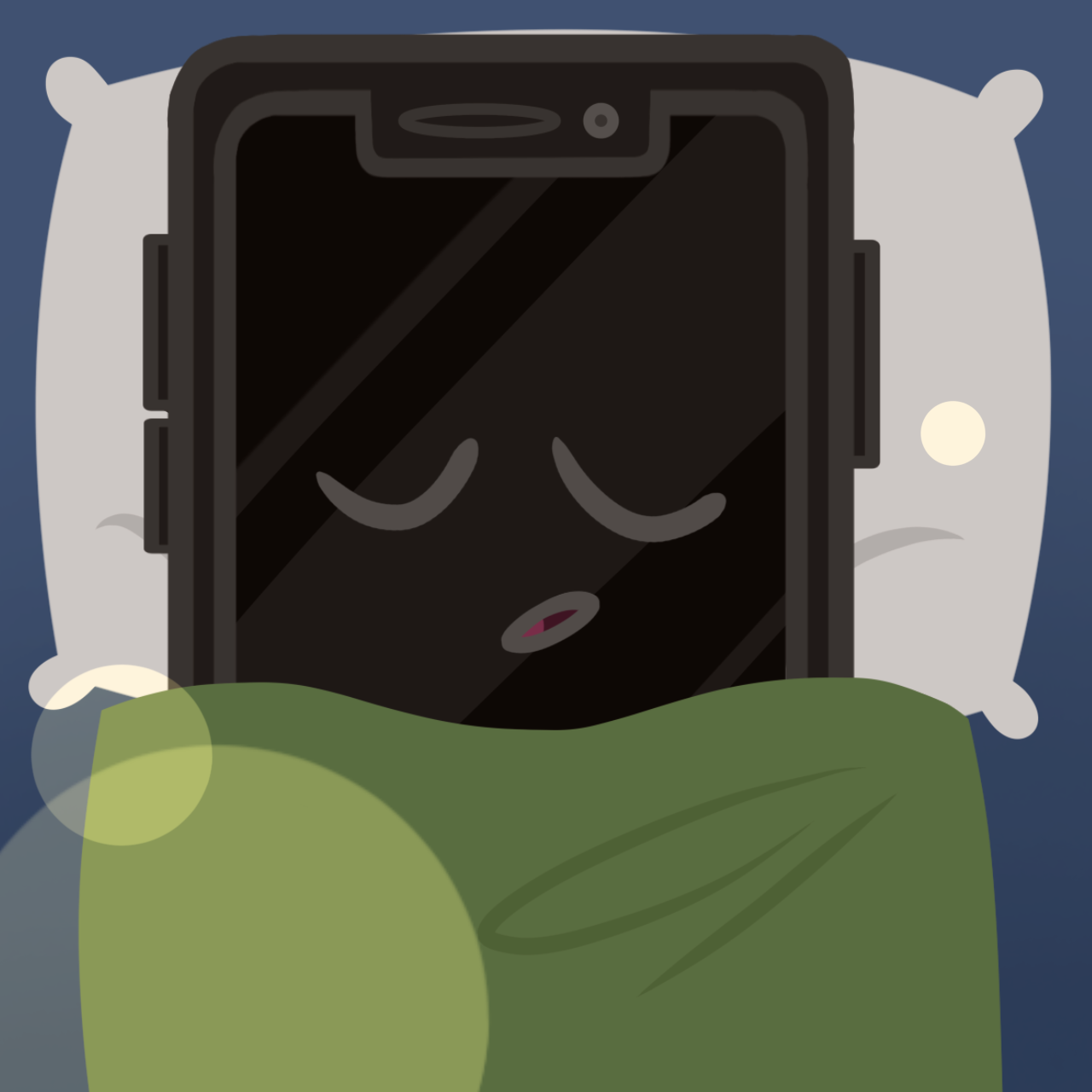The School is once again tightening its existing cell phone policy.
Last fall, many teachers introduced cell phone holders in their classrooms, firmly enforcing that students leave their phones in the holders for the entirety of class.
Some teachers would count the amount of cell phones in the holders to ensure that every student had retired their cell phone; others assumed that students would take their own initiative to follow the policy.
However, as the year progressed, many teachers loosened their policies and students stopped using the holders.
“With phones being as important as they are for students, connection to each other, parents, etc, there was a hesitancy from teachers to enforce the phone policies,” Upper School Dean of Students Paul Murray said.
Even so, due to excessive phone usage in class last year, administrators are asking teachers to tighten their phone policies. Murray emphasizes that the administration is not imposing a specific policy but encouraging teachers to enforce the individual phone policies they set for their own classes.
“We just wanted to empower teachers to confiscate phones if needed,” Murray said. “It’s more of a refocus to make sure the time students have in class is focused on classwork and not a little screen.”
The School gives teachers autonomy as to how they run their classes, according to Murray, including decisions around technology.
“We didn’t want to prescribe something where teachers are forced to deal with the problem in the same way,” Murray said.
Murray also said that the School’s decision to reinforce the phone policy was partly influenced by the broader national movement to limit phone use in classrooms.
For instance, Beaver Middle School is going phone-free. Additionally, Milton Academy is requiring that students store phones in their lockers from 8:00 a.m. to 3:45 p.m.
Also, Newton Public Schools are asking that all middle and elementary school students store their phones in pouches throughout the school day—and that high schoolers keep their phones out of sight during academic time.
However, unlike various local schools, Murray emphasizes that the School is insistent on letting students keep their phones during the day, as long as they follow classroom norms and adhere to their teachers’ rules.
“Technology exists and we’re not going to fight that. What we are going to do is try to help students form healthy relationships with their phones,” Murray said.
Some students feel that these policies are helpful for students who struggle with self-control.
“I think the phone policies are a really good regulation for people who are not able to self-regulate,” Lincoln Jiang ‘25 said.
However, others feel that without their phone to fall back on, they become bored more easily and need to take breaks from class.
“I’ve been getting more distracted and without my phone, I have to take more walks in class,” Ana Calanca-Freire ’26 said. “I think the day also goes by much slower if I don’t have my phone.”
Calanca-Freire also notes that it’s more challenging to communicate with her friends because they are not able to text during class.
“Now that I don’t have my phone, I feel like I’m always missing something,” Sophia Sampaio ’26 said.
Other students have not missed their phones very much. “I feel like I haven’t had that much trouble with it because I’ve been doing it since tenth grade,” Lucas Williams ‘25 said. “It doesn’t really mean that much to me and it’s been easier for me to focus.”
Murray recognizes that many students are quite attached to their phones, but also hopes that students can learn how to self-regulate.
“You guys are teenagers. We’re going to support you but we know you love your phones,” Murray said.
Murray notes that not many devices have been confiscated thus far, and is happy that students are respecting their teachers’ policies.
“There have been some phones in my office, some headphones too,” Murray said. “But that’s going to happen. We don’t take punitive measures, we take supportive measures.”
Some teachers have remained consistent in their phone policy, even with the push to enforce existing rules. For example, History teacher Ted Barker-Hook has always asked students to power their cell phones off and place them in the cell phone holder as soon as they walk through the door.
If they fail to turn their phones off or place them in the holder, Barker-Hook will conduct random phone checks and confiscate any phones that are not turned off and placed in the holder, holding them in a “phone jail.”
Williams acknowledges that it feels easier for him to adhere to other teachers’ strict phone policies because he has experience with it from Barker-Hook’s class.
“The phone jail is good for the tenth graders or other people who can’t really control themselves in class,” Williams said.
On the other hand, English Teacher Kenley Smith has a looser phone policy. She asks that students have the self-control to keep their phones away during class.
“As they get older, I think kids should learn to self-regulate,” Smith said. “I’m trying to find a middle ground, but I think it’s a bit easier for me to trust them than some other teachers.”
Smith acknowledges that this is in large part because she mainly teaches older students.
“Older students tend to have more self-control,” Smith said.
Additionally, she notes that because her classroom is constructed in a round-table formation, it’s easy to keep an eye on all students.
“The way my classroom is set up, we can all see each other really well, so there’s no real place to hide on your phone,” Smith said.
Smith notes that she has not had any major problems with phones in class so far and that she has only had to speak with two students.



